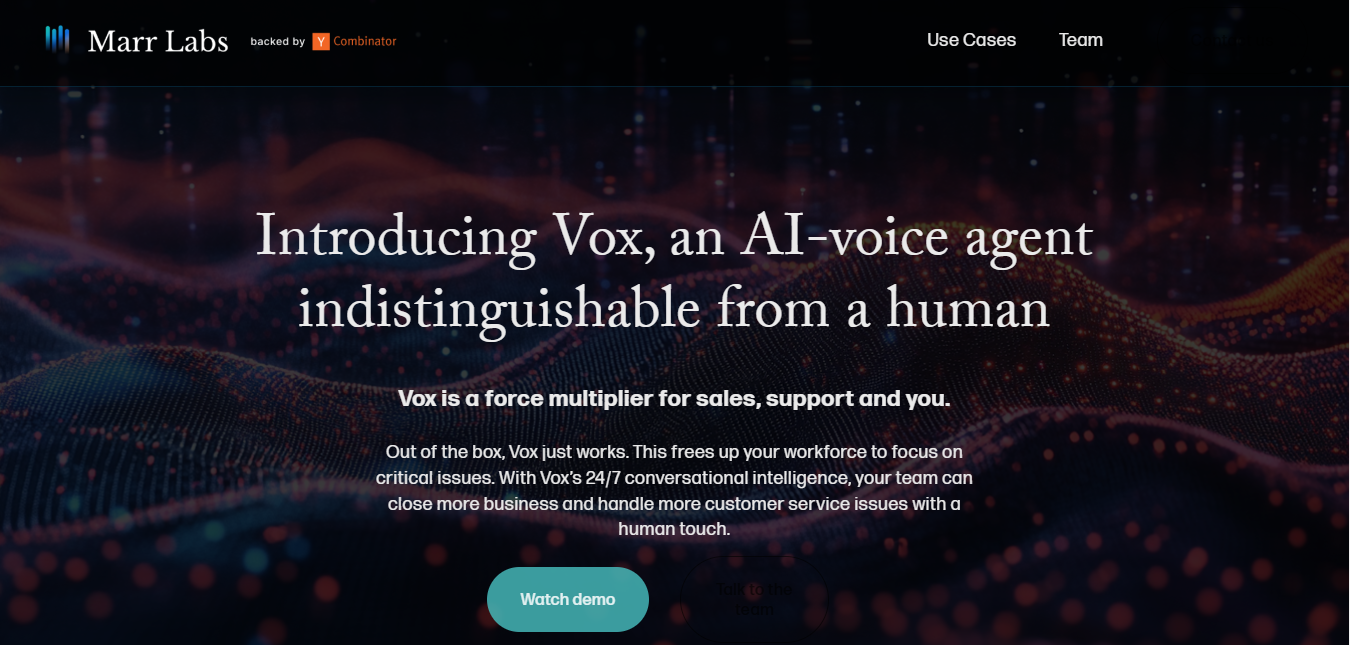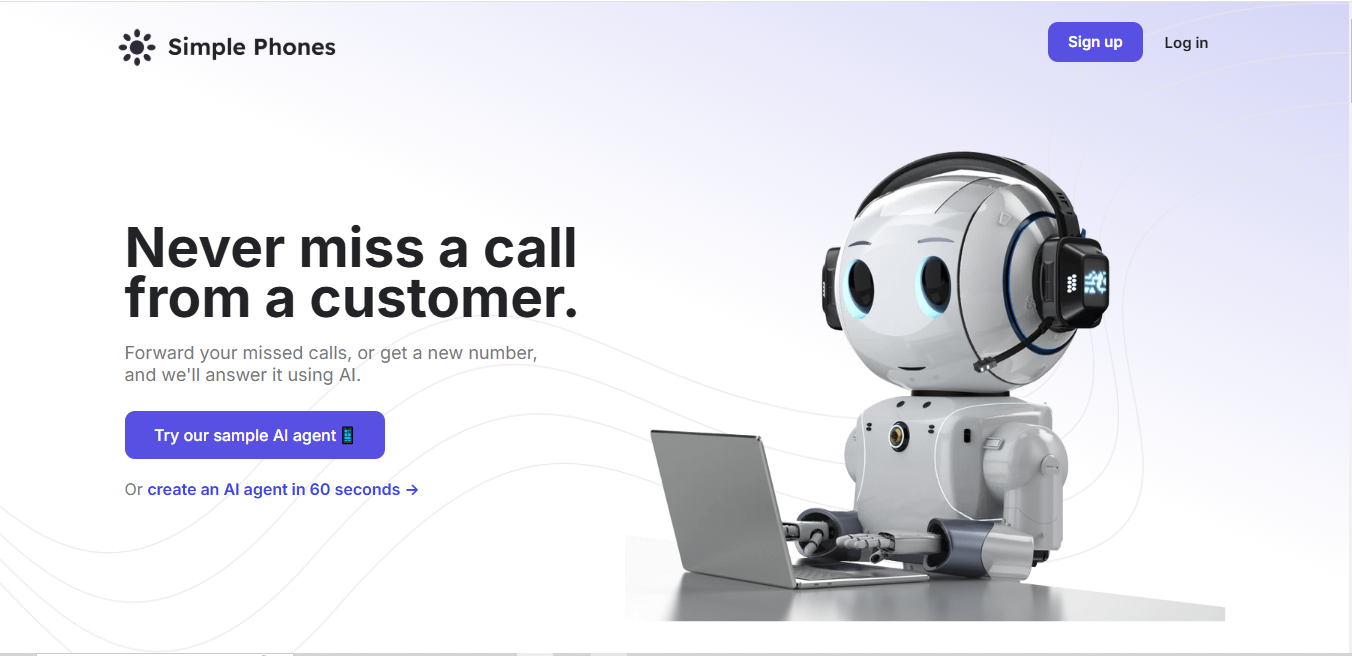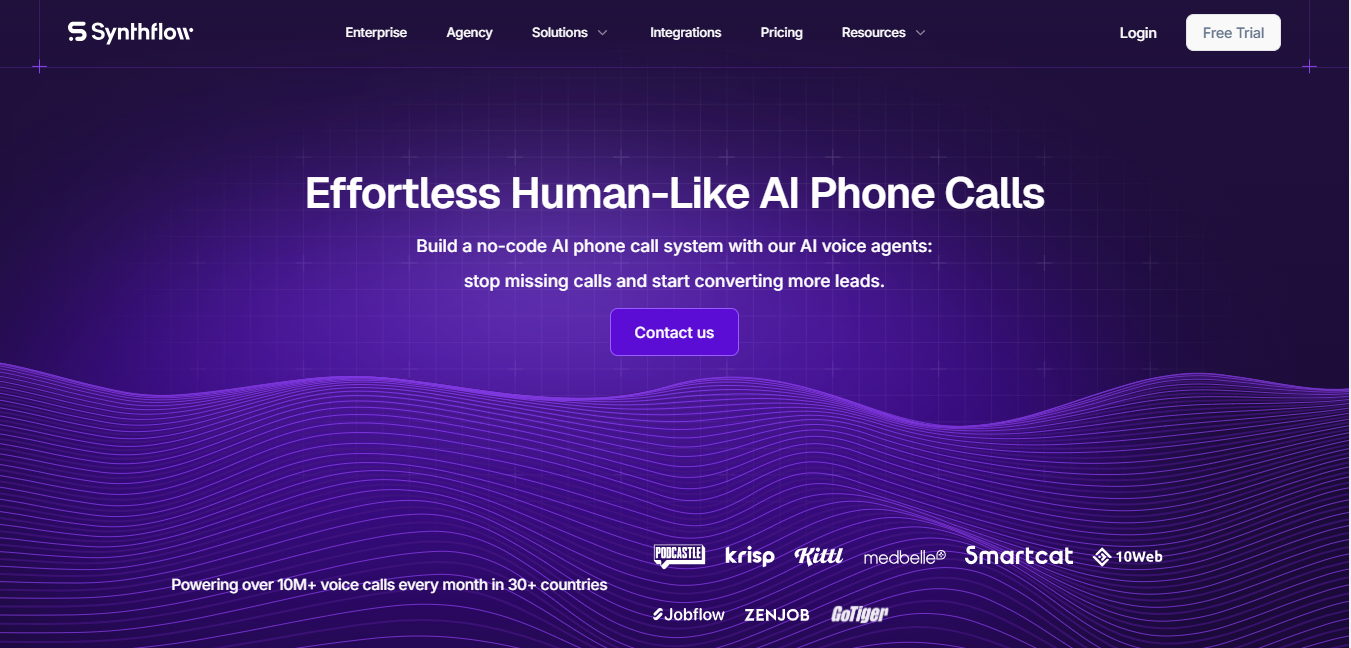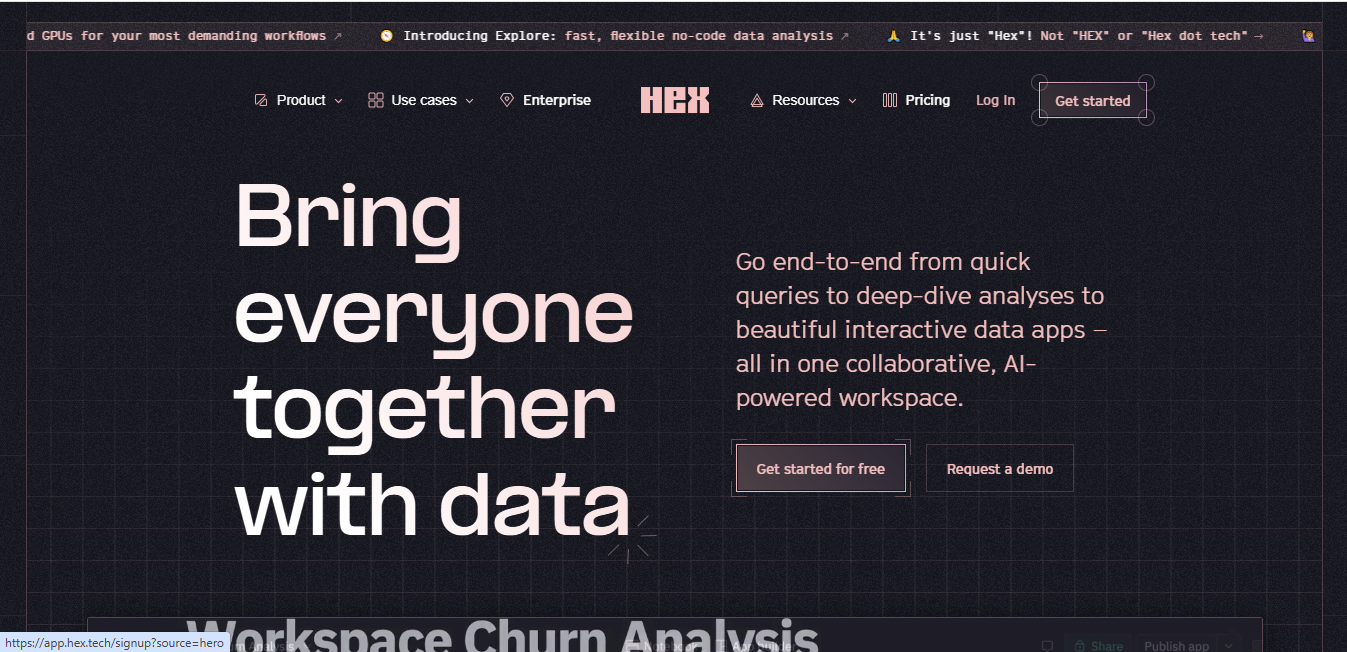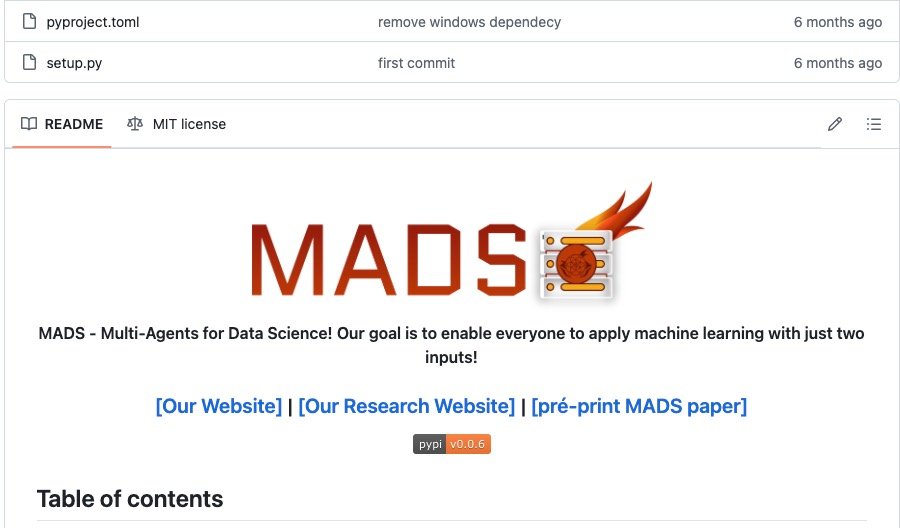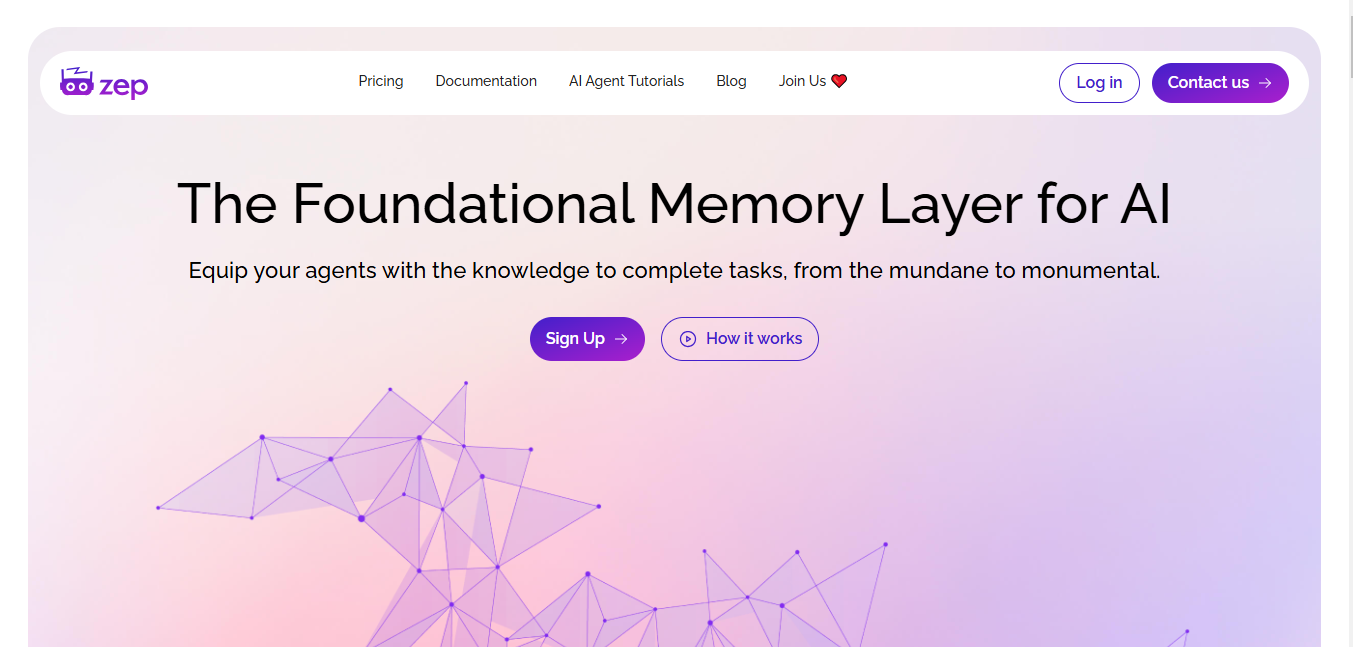
Zep
What is Zep?
Zep is a memory foundation tool for AI stacks that helps AI agents learn continuously through user interactions. It uses a temporal Knowledge Graph to maintain contextual information, enabling intelligent integration of new data and quick retrieval of relevant facts.
Top Features:
- Temporal Knowledge Graph: tracks changes in user preferences and environment with precise timing.
- Fast Retrieval System: precomputes facts and summaries asynchronously for quick access to information.
- Multi-level Support: manages chat session, user, and group-level graphs for comprehensive knowledge capture.
Pros and Cons
Pros:
- Framework Agnostic: works with multiple platforms like LangChain, LangGraph, and Microsoft Autogen.
- Efficient Memory Management: intelligently handles state changes and maintains historical context.
- Developer Friendly: provides comprehensive SDKs for Python, TypeScript, and Go integration.
Cons:
- External Dependencies: requires OpenAI-compatible LLM API service to function properly.
- Limited Migration Options: no direct migration path from previous open-source versions.
- Documentation Complexity: requires technical expertise to understand and implement effectively.
Use Cases:
- AI Assistant Development: building chatbots that learn and adapt from conversations.
- Knowledge Management: maintaining organizational knowledge across multiple user interactions.
- Data Analysis: tracking and analyzing changes in user behavior patterns.
Who Can Use Zep?
- AI Developers: professionals building intelligent conversational agents and assistants.
- Enterprise Teams: organizations needing to maintain and utilize collective knowledge.
- Software Engineers: developers integrating AI capabilities into existing applications.
Pricing:
- Community Edition: open-source version with core memory layer features.
- Cloud Version: managed service with additional features and enterprise-grade capabilities.
Our Review Rating Score:
- Functionality and Features: 4.5/5
- User Experience (UX): 4.0/5
- Performance and Reliability: 4.5/5
- Scalability and Integration: 4.5/5
- Security and Privacy: 4.0/5
- Cost-Effectiveness and Pricing Structure: 4.0/5
- Customer Support and Community: 3.5/5
- Innovation and Future Proofing: 4.5/5
- Data Management and Portability: 4.0/5
- Customization and Flexibility: 4.5/5
- Overall Rating: 4.2/5
Final Verdict:
Zep stands out as a powerful memory management solution for AI applications. Its innovative approach to knowledge graphs and fast retrieval system makes it an excellent choice for developers building sophisticated AI agents, despite some implementation complexity.
FAQs:
1) How does Zep handle data privacy?
Zep includes built-in privacy features like Right To Be Forgotten requests and compliance-related tasks through single API calls.
2) Can Zep work with local LLM models?
Yes, Zep supports any OpenAI-compatible LLM API, including local models through appropriate proxies.
3) What makes Zep different from traditional databases?
Zep's temporal Knowledge Graph allows for sophisticated reasoning about state changes and maintains historical context, unlike traditional databases.
4) How does Zep handle scaling?
The Cloud version supports millions of daily active users with high availability and low latency performance.
5) What programming languages does Zep support?
Zep provides official SDK support for Python, TypeScript/JavaScript, and Go programming languages.
Stay Ahead of the AI Curve
Join 76,000 subscribers mastering AI tools. Don’t miss out!
- Bookmark your favorite AI tools and keep track of top AI tools.
- Unblock premium AI tips and get AI Mastery's secrects for free.
- Receive a weekly AI newsletter with news, trending tools, and tutorials.


